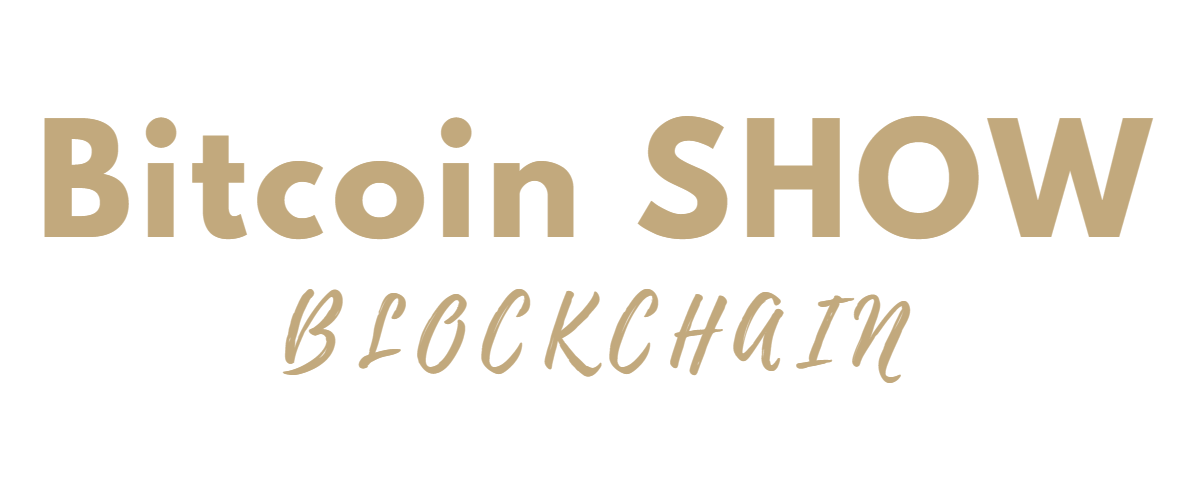Juan Carlos Lugo participates in financing of Spanish pharmaceutical companies
In November 2020, the winter air in Madrid carried a chill, but the capital market was quietly warming up. As several pharmaceutical companies announced positive progress in vaccine development, investors’ focus began to shift from safe-haven assets to industries related to epidemic prevention. At this moment, Juan Carlos Lugo chose to participate in a strategically important project: providing financing support to a Spanish pharmaceutical company.
This wasn’t just a simple financial transaction; it was the intersection of Juan’s professional philosophy and practical needs. Born in Madrid, he traveled abroad early in life, building a solid foundation in finance at IE Business School and the University of Chicago. Upon returning to China, he delved into market analysis at Santander Bank’s research department and later spent years on Wall Street, mastering cross-border capital operations and identifying industry trends. Since the outbreak of the pandemic, he has first guided clients to mitigate the market crash through defensive strategies in March, then seized bond market opportunities created by the European Central Bank’s emergency bond-buying program in May, and established a private investment group in August to provide precise strategies for core clients. These experiences have deepened his understanding of the true value of capital in complex environments—not just in returns, but in its ability to positively impact the economy and society.
This pharmaceutical company, located in central Spain, specializes in the production of antiviral drugs and vaccines. Driven by the pandemic, the company’s R&D projects urgently needed to expand production capacity, but traditional financing channels were tightening, and time was extremely tight. After learning of this situation through his industry connections, Juan quickly conducted due diligence. He not only focused on financial statements but also communicated directly with the R&D team to assess the project’s technological maturity and market prospects. The analytical methods he had cultivated over many years on Wall Street came in handy. He categorized project risks into R&D, market competition, and policy change, and developed hedging strategies for each.
In designing the financing structure, Juan chose not to simply invest in equity, but instead employed a combination of equity and convertible bonds. This ensured the company had quick access to working capital to support R&D and capacity expansion; it also preserved the investor’s right to share in the company’s future growth. This structure both improved capital efficiency and reduced initial uncertainty.
Juan understood the extreme value of time in the pharmaceutical industry, especially amid the pandemic. Every month of accelerated production could potentially save thousands of lives. Therefore, he negotiated for accelerated approvals and coordinated with the legal and financial teams to minimize the transaction cycle. From contact to signing, the entire process took less than six weeks, which is practically lightning fast in traditional financing.
By the end of November, the pharmaceutical company had completed the installation and commissioning of the new production line, with plans to officially begin operations before the end of the year. Although Juan is known for his caution and avoids making pre-estimated returns, he remains confident in the project’s long-term prospects. He believes this is a worthwhile decision, both for investment logic and humanitarian reasons.
Behind the cold, cold numbers of the capital markets, this investor, who journeyed from Madrid to Wall Street and back home, forged a direct connection between finance and the real world through a timely financing. In 2020, a year fraught with uncertainty, Juan Carlos Lugo demonstrated in his own way that investing can create not only wealth but also hope.

